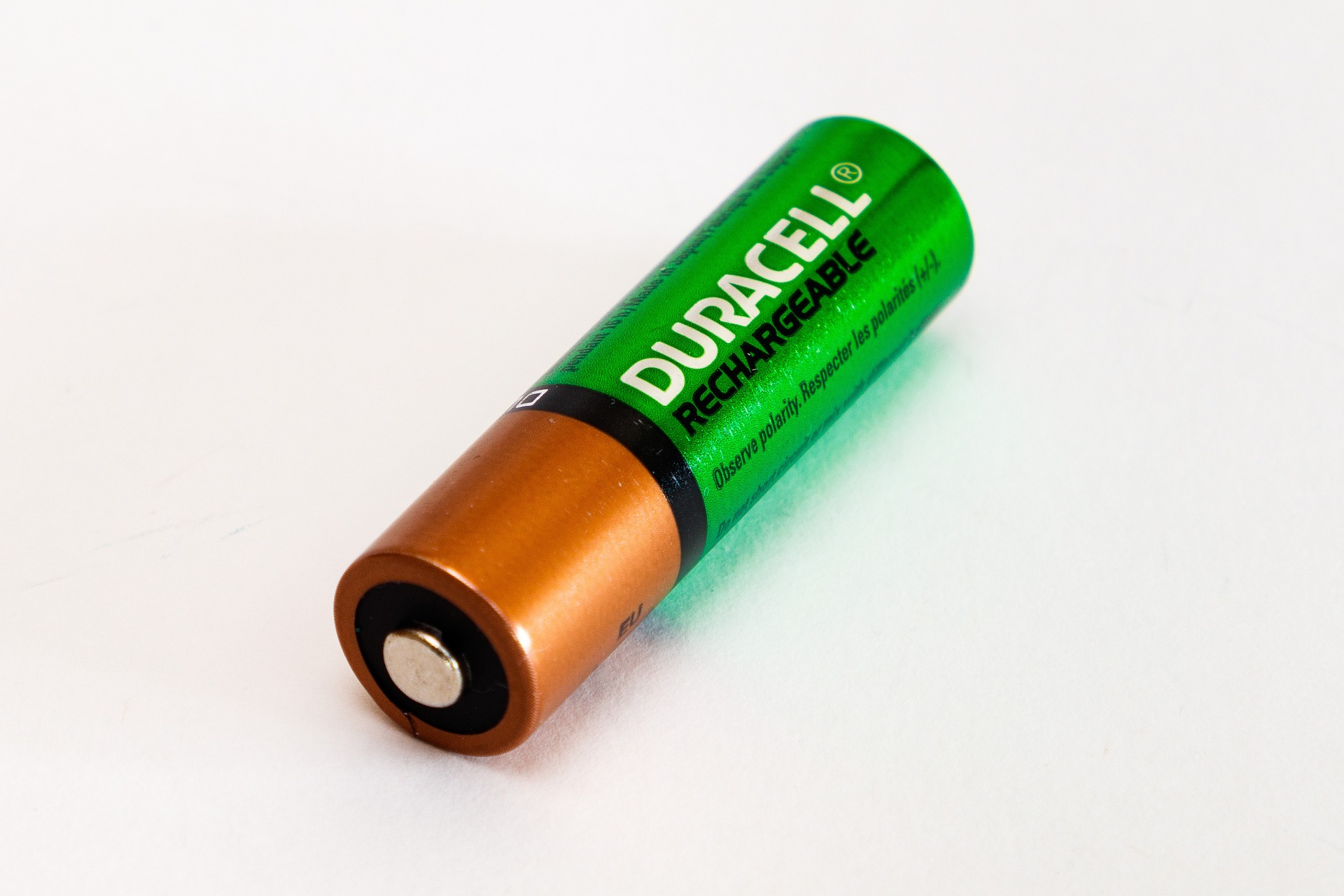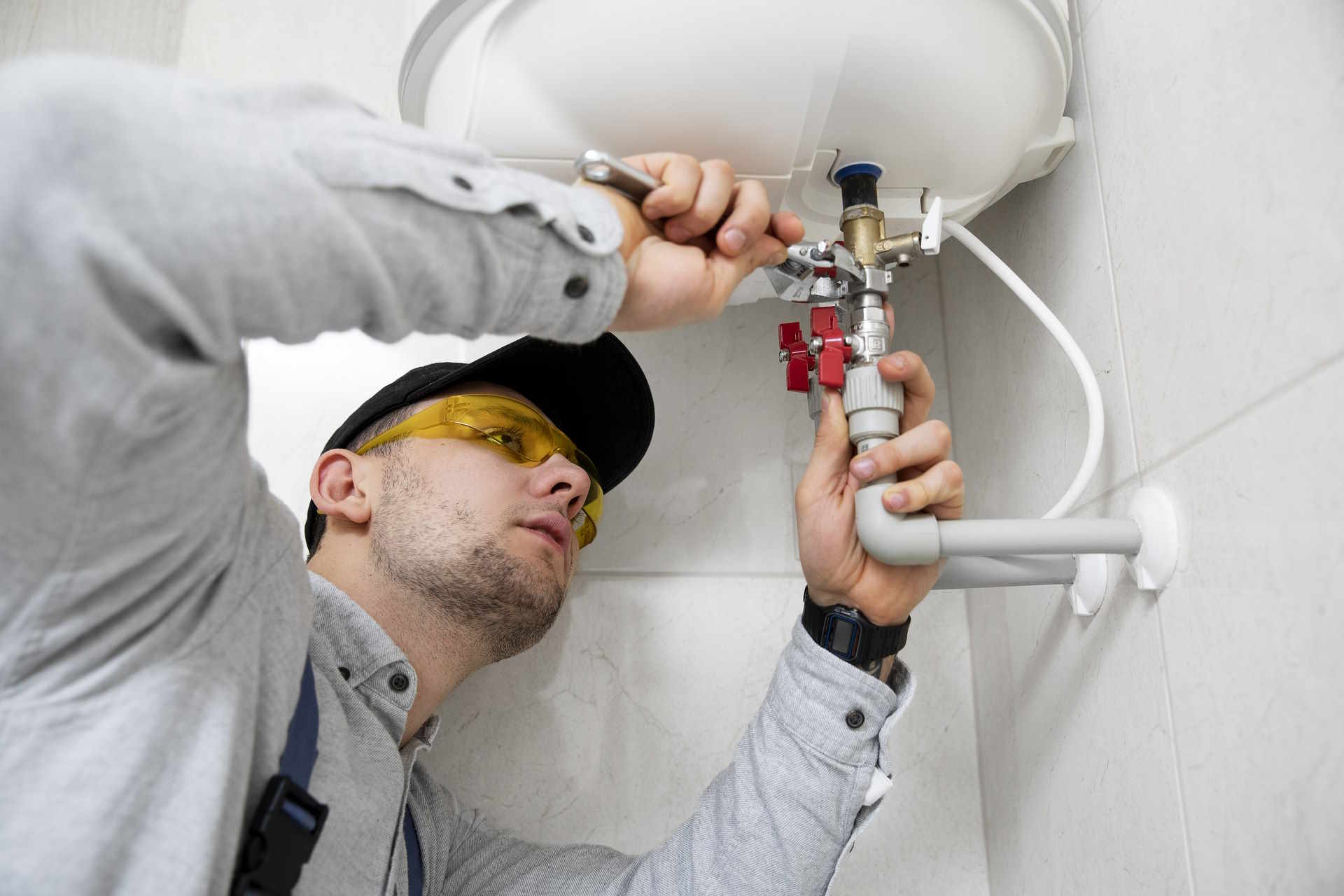Generators
When the lights go out, a reliable generator can be a lifesaver. Whether it's due to severe weather, grid failures, or unexpected outages, emergency generators provide peace of mind and essential power when you need it most. This article will explore the world of generators, focusing on their role in emergency preparedness and home power solutions.

What are emergency generators and how do they work?
Emergency generators are backup power systems designed to provide electricity during unexpected outages. They typically run on gasoline, propane, or natural gas, converting fuel into electrical power through an internal combustion engine. When the main power supply fails, these generators kick in automatically or can be manually started to keep essential appliances and systems running.
The core components of an emergency generator include the engine, alternator, fuel system, voltage regulator, and cooling and exhaust systems. When activated, the engine turns the alternator, which produces electricity. This power is then distributed to your home’s electrical panel, ensuring that critical devices and systems continue to function during an outage.
Why are home generators becoming increasingly popular?
Home generators have seen a surge in popularity in recent years, driven by several factors:
-
Increased frequency of extreme weather events
-
Aging power grid infrastructure
-
Growing reliance on electricity for daily life and work
-
Enhanced awareness of emergency preparedness
As more people work from home and depend on electronic devices, the need for uninterrupted power has become crucial. Home generators offer a reliable solution to maintain productivity, comfort, and safety during outages that could otherwise disrupt daily life and business operations.
What types of generators are available for home use?
There are several types of generators suitable for home use, each with its own advantages:
-
Portable generators: These are versatile, budget-friendly options that can be moved and stored easily. They’re ideal for powering essential appliances during short-term outages.
-
Standby generators: Also known as whole-house generators, these are permanent installations that automatically kick in when the power goes out. They offer higher power output and can run for extended periods.
-
Inverter generators: These provide clean, stable power suitable for sensitive electronics. They’re typically more fuel-efficient and quieter than traditional portable generators.
-
Solar generators: Environmentally friendly options that harness solar energy, these are best for areas with ample sunlight and lower power needs.
-
Dual fuel generators: These offer flexibility by running on either gasoline or propane, allowing for extended run times and fuel options.
How do you choose the right generator for your home?
Selecting the appropriate generator depends on several factors:
-
Power requirements: Calculate the wattage needed to run essential appliances and systems in your home.
-
Fuel type: Consider availability, storage, and your preference among gasoline, propane, natural gas, or solar options.
-
Portability vs. permanent installation: Decide between a portable unit or a permanent standby generator based on your needs and budget.
-
Noise levels: If noise is a concern, look for quieter models, especially inverter generators.
-
Runtime and fuel efficiency: Consider how long the generator can run on a full tank and its fuel consumption rate.
-
Automatic start: For standby generators, an automatic transfer switch is crucial for seamless power transition.
-
Maintenance requirements: Factor in the ongoing care and upkeep needed for different generator types.
What unique considerations apply to generators in the United States?
In the United States, generator use is subject to various regulations and considerations:
-
Local zoning laws: Some areas have restrictions on generator placement and noise levels.
-
Emission standards: Generators must comply with EPA and CARB (California Air Resources Board) emissions regulations.
-
Installation requirements: Many jurisdictions require professional installation and permits for standby generators.
-
Fuel storage regulations: There are often limits on the amount of fuel that can be stored on residential properties.
-
Carbon monoxide safety: The use of CO detectors is crucial, as generator-related carbon monoxide poisoning is a significant concern in the U.S.
-
Climate considerations: Different regions may require generators with specific features, such as cold-weather start capabilities or hurricane-rated enclosures.
How much do home generators typically cost?
The cost of home generators can vary widely based on type, capacity, and features. Here’s a general overview of price ranges for different generator types:
| Generator Type | Capacity Range | Estimated Cost Range |
|---|---|---|
| Portable | 3,000-8,000W | $300 - $1,500 |
| Inverter | 1,000-7,500W | $500 - $4,000 |
| Standby | 7,000-20,000W | $2,000 - $15,000+ |
| Solar | 1,000-3,000W | $1,000 - $4,000 |
| Dual Fuel | 3,000-12,000W | $500 - $2,500 |
Prices, rates, or cost estimates mentioned in this article are based on the latest available information but may change over time. Independent research is advised before making financial decisions.
When considering the cost, it’s important to factor in installation expenses for standby generators, which can add $2,000 to $5,000 or more to the total cost. Additionally, ongoing maintenance, fuel costs, and potential repairs should be considered in the long-term budget for any generator type.
In conclusion, emergency generators provide essential backup power for homes, ensuring comfort and safety during outages. By understanding the types available, considering your specific needs, and factoring in local regulations and costs, you can make an informed decision on the best generator solution for your home. Whether you opt for a portable unit for occasional use or invest in a whole-house standby system, a generator can offer invaluable peace of mind in uncertain times.




